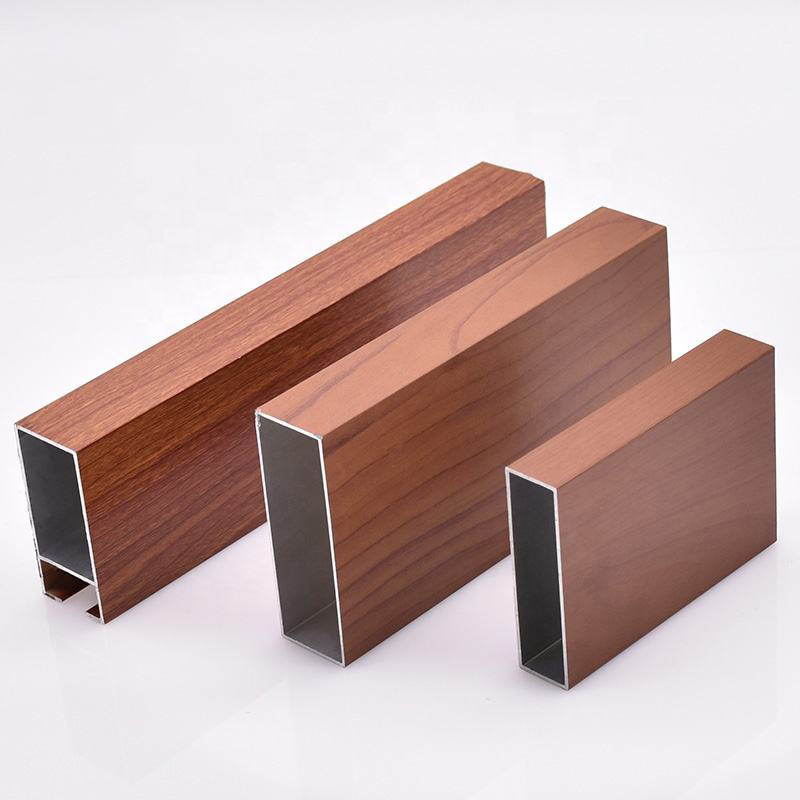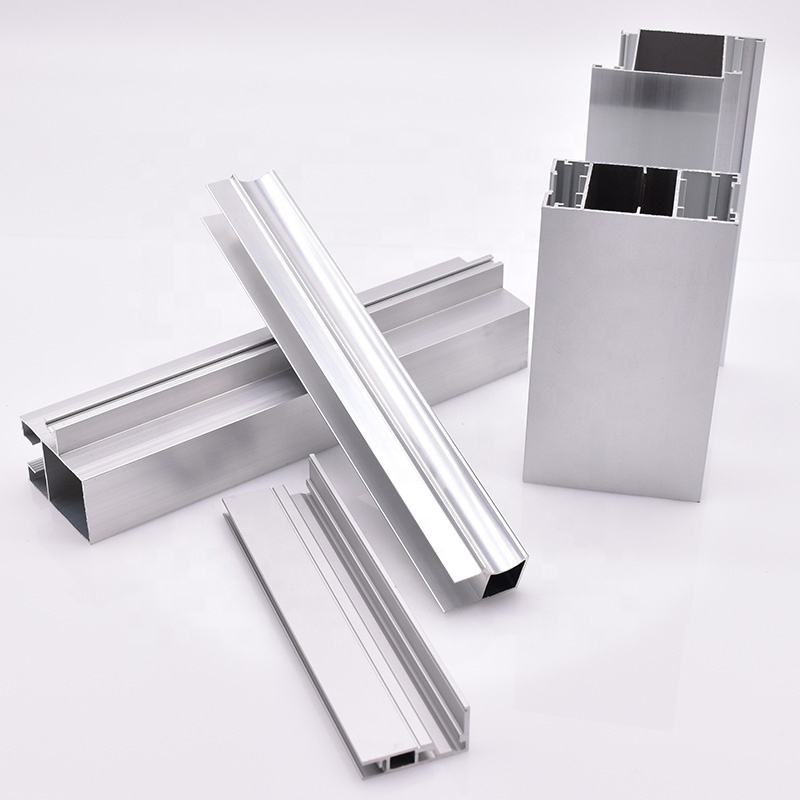Standard profiles: These profiles are made of 1050, 1070, 3103 and 6060 aluminum alloys. They are available in reel and bar form and are manufactured to standardized shapes, sizes and dimensional tolerances.
These profiles are mainly used for door and window frames (facade structures). They are also useful in railings, balconies and other similar applications.


Hollow and solid profiles: These profiles have a cross-section that creates a cavity, while solid profiles have no closed cross-section. The difference between these two types is their complexity.
Semi-closed profiles: These profiles have a partially open and partially closed cavity, such as a rectangular shape with an entrance at one end.
This type of aluminum profile is usually made of 6061 alloy, which has high strength and machinability. It is also a good choice for windows and doors as it is highly resistant to corrosion.
These aluminum profiles are lightweight compared to other metals like steel, making them a viable option for many industrial and construction projects. They are also able to withstand a lot of wear and tear, which is helpful for projects that require a long lifespan.
They are also easy to use, which is beneficial for manufacturing projects. They are also less dense than other metals, which makes them easy to handle and install.
Additionally, these aluminum profiles are reasonably priced compared to other metals and can be purchased in bulk to save money. These alloys are popular choices for window frames, door frames, curtain walls and other architectural applications due to their affordability and versatility.